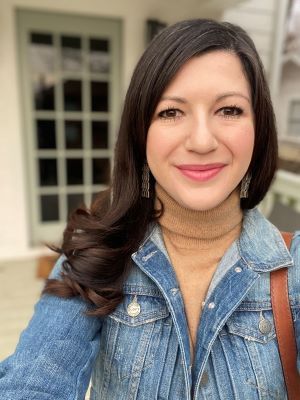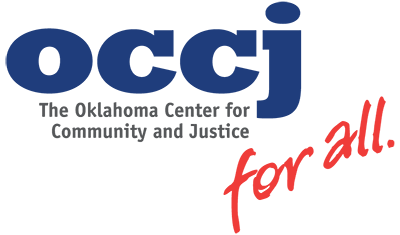
Laura Bellis serves as Executive Director of the Take Control Initiative, a health equity program focused on contraceptive access in Tulsa, Oklahoma. She is a community organizer and educator, working across health, education and social justice spaces. Laura earned her BA from Oberlin College. She came to Tulsa via Teach for America, and taught junior high for five years prior to joining the Take Control team. Laura is deeply involved in the community as both a founding leader of The United League for Social Action (TULSA), a research and policy-focused grassroots organization working for transparency and accountability from law enforcement, and as Chair of the Human Rights Commission of the City of Tulsa.
The impact of COVID-19 on BIPOC (Black, Indigenous and People of Color) communities serves as a mirror reflecting deep inequities embedded across facets of our society. Systemic racism is inextricably interwoven with America’s past and permeates our present, as it is upheld by individuals within systems who often, intentionally or otherwise, benefit from it.
Our nation’s continued complicity with racism has always yielded inequities across health, education and socioeconomic outcomes. COVID-19’s impact has not only illuminated this but has magnified it.
Findings published of an April 2020 survey from the Pew Research Center show glaring disparities in both economic and health impacts of COVID-19 on Black and Latinx communities:
- 61% of Hispanic Americans and 44% of Black Americans reported that they or someone in their household had experienced job or wage loss due to COVID-19, compared to 38% of white adults
- 73% of Black and 70% of Hispanic adults said they did not have three months worth of emergency funds to cover expenses, compared to 47% of white adults
- 27% of Black adults reported knowing someone who was hospitalized or died from COVID-19 with about 13% of Hispanic and white adults who said the same
In an analysis of available data published in late April the Kaiser Family Foundation (KFF) found disparities in cases, deaths, and risk factors pertaining to COVID-19:
- In a majority of the states reporting demographic data, Black individuals made up a higher portion of cases and deaths than their share of the total population
- In nearly a quarter of reporting states, Hispanic individuals accounted for a greater portion of the confirmed cases than their total share of the population
- In New Mexico, Native American individuals make up 37% of confirmed cases compared to accounting for 9% of the state’s total population
Some other notable disparities include data collection & allocation of funding on a federal and local level. Here are two key examples:
- In their April report, KFF calls to light the lack of data collection and reporting on BIPOC when it comes to COVID-19 measures, with great variance occurring across institutions and states.
- Tribal leaders report having not received any of the $8 billion in aid allocated for tribes in the $2.2 trillion federal stimulus package which was to be distributed by the end of April.
A convenient and false narrative often used to explain disparities in health and economic outcomes is that “poor choices” and lack of “personal responsibility” yield these results. This narrative is rooted in white supremacy, as it blatantly implies that BIPOC communities are somehow less good or less smart than white communities. The reality is that persistent structural inequities perpetuate a lack of economic opportunity and mobility as well as inequitable access to high-quality education and affordable healthcare. Resource allocation to address these disparities is often done without those most impacted at the helm or even the table, further exacerbating the problem.
In, considering the pre-existing structural inequities and individual biases paired with the current crisis of COVID-19 what can be done?
We have all recently witnessed, and likely taken part in, a swift shift in culture in response to the global pandemic. Millions of people across the world rapidly adopted staying home, social distancing, wearing masks, etc. -- all critical measures to saving lives. We know we can drastically change our default settings when we are proximal to a problem and lives are on the line.
Let’s seize this opportunity to continue disrupting our default modes, and insistently be part of solutions that save lives and don’t just address the current crisis, but also end inequities long term.
Here is a short list of some current opportunities to drive change:
- Support families who have not had access to federal aid and unemployment support consider donating to Tulsa’s Share My Check effort or check out options through the national Share My Check site
- Advocate for policies that support voting access with state legislators and to help folks safely absentee vote consider becoming a notary
- Support healthcare coverage that cannot be taken away by advocating for and voting Yes on the 802 ballot initiative on June 30th
- Help end the incarceration crisis by staying up to date and advocating for the 805 ballot initiative
